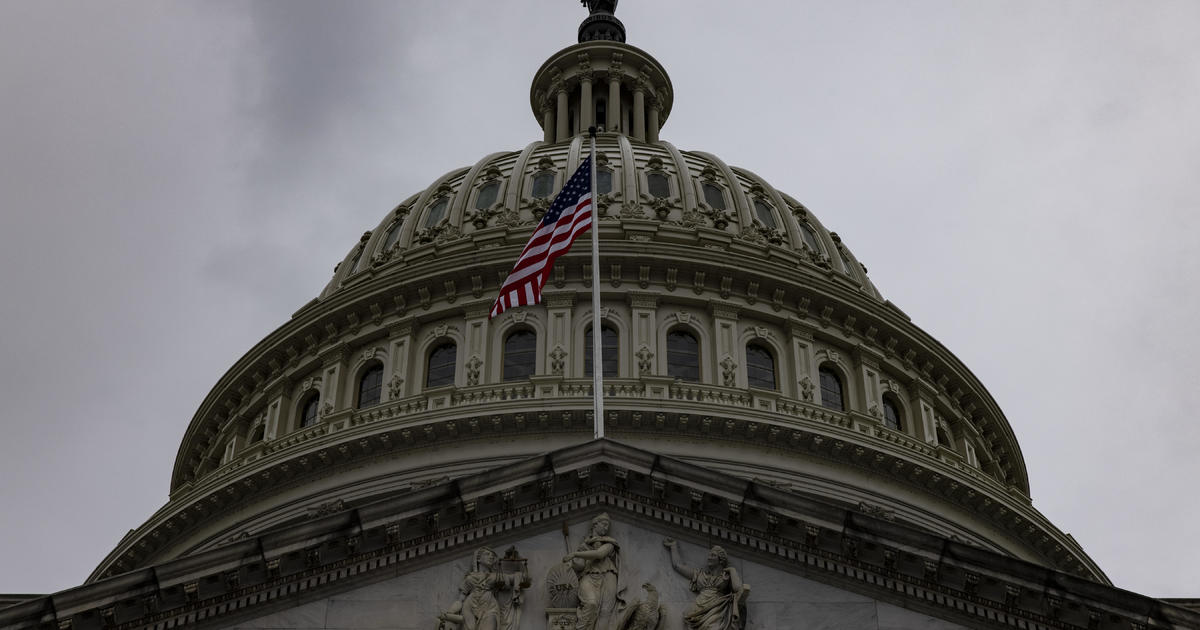Washington – The joint session of Congress scheduled to take place on Wednesday for the counting and certification of votes from the Electoral College is marked by great drama, as Republicans in the House and Senate have pledged to challenge the results of several conflicting states.
A group of at least 12 Republican senators said that, along with more than 100 members of the Republican Party House, they would object to electoral votes in key states, accusing their elections of being fraught with fraud, although there was no widespread evidence. But as the joint session approaches, an increasing number of Republican senators are breaking up with their colleagues and plan to not accept their challenges.
Required by the Constitution, the event was already superficial – in 2017, the process of reading and counting electoral votes lasted 41 minutes and, in 2013, the joint session lasted only 23 minutes, according to a report by the Congressional Research Service.
Although the objections do not result in a change in the outcome of the election, they will prolong the process by which Congress claims President-elect Joe Biden’s victory. When the House and Senate split up to debate and vote on an objection, they have up to two hours to consider it, which means that the joint session is likely to last well into the night.
The joint session is usually a formality, but this year’s event will force Republicans to decide whether to support President Trump in his attempts to reverse the election result or keep the votes of millions of Americans.
This is where the Republican senators stand on Monday morning:
Oppose the counting of electoral votes
- Marsha Blackburn from Tennessee
- Mike Braun from Indiana
- Ted Cruz from Texas
- Steve Daines of Montana
- Bill Hagerty of Tennessee
- Josh Hawley from Missouri
- Ron Johnson from Wisconsin
- John Kennedy from Louisiana
- James Lankford of Oklahoma
- Cynthia Lummis from Wyoming
- Roger Marshall from Kansas
- Tommy Tuberville from Alabama
Support the counting of electoral votes
- Roy Blunt, from Missouri
- North Carolina’s Richard Burr
- Shelley Moore Capito, West Virginia
- Bill Cassidy from Louisiana
- Kevin Cramer of North Dakota
- Susan Collins from Maine
- John Cornyn from Texas
- Tom Cotton from Arkansas
- Lisa Murkowski from Alaska
- Utah’s Mitt Romney
- Ben Sasse from Nebraska
- Richard Shelby from Alabama
- John Thune from South Dakota
- Pat Toomey from Pennsylvania
- Roger Wicker from Mississippi
Unknown / unclear
Senate majority leader Mitch McConnell – Republican members previously discouraged from opposing, and last week called the next vote “the most important vote” he will cast.
- John Barrasso from Wyoming
- John Boozman of Arkansas
- Mike Crapo of Idaho
- Joni Ernst from Iowa
- Deb Fischer from Nebraska
- Lindsey Graham of South Carolina
- Iowa Chuck Grassley
- John Hoeven of North Dakota
- Cindy Hyde-Smith from Mississippi
- Jim Inhofe of Oklahoma
- Mike Lee from Utah
- Kelly Loeffler from Georgia
- Jerry Moran from Kansas
- Rand Paul of Kentucky
- Rob Portman from Ohio
- Jim Risch from Idaho
- South Dakota Mike Rounds
- Marco Rubio of Florida
- Rick Scott from Florida
- Tim Scott from South Carolina
- Alaskan Dan Sullivan
- Thom Tillis of North Carolina
- Todd Young from Indiana
